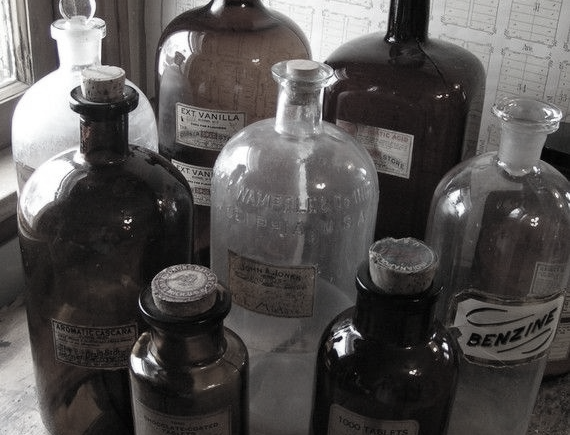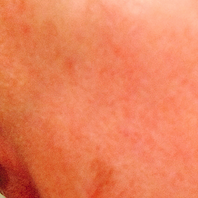Linda
November 22nd, 2014

Hi Susan,
I have attached a photo of one side of my face. I am starting to see more small marks over my face however mainly on the sides. A combination of dark marks, small red marks and some dry patches. What would u suggest to even out the colour and texture of my skin.
Please help!!

Susan
Hi Linda,
Thankyou for your question and the photo, It really helps when considering the best treatment options.
I noticed from your history that you’re heading towards a milestone B’day and you live in a coastal area of QLD.
Both age and environment contribute to what appears ,from your photo, to be a sun damaged skin. A sun damaged skin typically appears with fine lines,diffuse redness and pigmentary changes.
The good news is there are a number of treatment options available but before embarking on any treatments I would suggest you seek an opinion from a Doctor as to whether there are any lesions that may be need removal or which may be affected by future treatments.
Light based therapies and chemical peels would be appropriate treatment options in addressing your skin concerns. Your’re welcome to visit my blog page where I have written comprehensively on both of these treatment options which will help you assess your candidature and suitability for these treatments.
Skin care products containing lightening ingredients and acids which accelerate epidermal cell renewal may also be considered if you would prefer a more conservative approach.Allow up to 8 weeks to see improvement and of course a sunscreen is vital to prevent a worsening of the condition.
Hope this helps?
Kind Regards Susan
Susan W
November 22nd, 2014

Dear Susan,
I suffer from recurrent cold sores depending on the time of year, time of month ,or just bad timing!! Is there any preventative measures you can recommend? I have in the past taken lyceiene and vitamin C supplements with mixed results. After our last consultation I found your moist healing tips to be very beneficial with reduced length of the outbreak and scaring.
Lee x

Susan
Dear Lee,
Thank you for your positive feedback.
Unfortunately you represent part of the 90% of the population who are infected with the Herpes Simplex type 1 virus. Infection occurs when coming into contact with someone who is already infected with the virus and can be contracted through kissing, using the same eating utensils,towels or razors.
Recurrent attacks normally appear through the original site of entry of the virus and signal their arrival 2 days prior with a tingling /burning /itching sensation, followed by small sores or blisters lasting approximately 7-10 days.
Many people develop antibodies to the virus and never suffer another attack after the first initial cold sore, however it seems you are part of the 40% of sufferers who develops recurrent episodes.
You are fortunate in that you have identified some triggers that may contribute to recurrent outbreaks and avoidance of these is wise. Other triggers you might like to consider in order to minimise the likelihood of an episode, include mental stress, an injury to the area and intense sunlight. Avoid foods that may trigger an episode; such as foods rich in arginine e.g. chocolate, cola, beer, grain cereals, chicken soup, gelatine, seeds ,nuts and peas. The Herpes Simplex type 1 virus thrives on the essential amino acid arginine.
According to Medical News Today, most outbreaks clear up without any intervention, but the duration of the lesion may be reduced by the application of topical antivirals immediately the symptoms appear, and applied up to 5 times a day for best results. Painkillers and oral antivirals may also be prescribed for those with severe symptoms.
Creams not containing antivirals may also help alleviate the symptoms of dryness/itchiness and irritation.
As you mentioned, keeping the site occluded with a protective gel barrier will facilitate faster epidermal healing.
In 2005 the’ Alternative Medicine Review’, conducted a study treating cold sore sufferers with topical applications of Lysine, Zinc oxide,Echinacea,Vitamin A,D and E, and found 87% of participants in the study “cured” by the 6th day and all lesions “cured” by the 11th day!
Prevention in stemming the spread of the virus should be practised. In the presence of an active lesion avoidance of such things as kissing/skin contact and the sharing of lipsticks. Good hand washing hygiene after touching the lesions should be observed.
Unfortunately there is no cure once infected with the virus but the management of triggers and the use of anitvirals in addition to herbal remedies may minimise the duration and severity of outbreaks.
I hope this information is of use to you Lee and welcome any other questions you might have concerning your skin.
Remember always to see your Doctor if you have any concerns.
Kind Regards Susan






